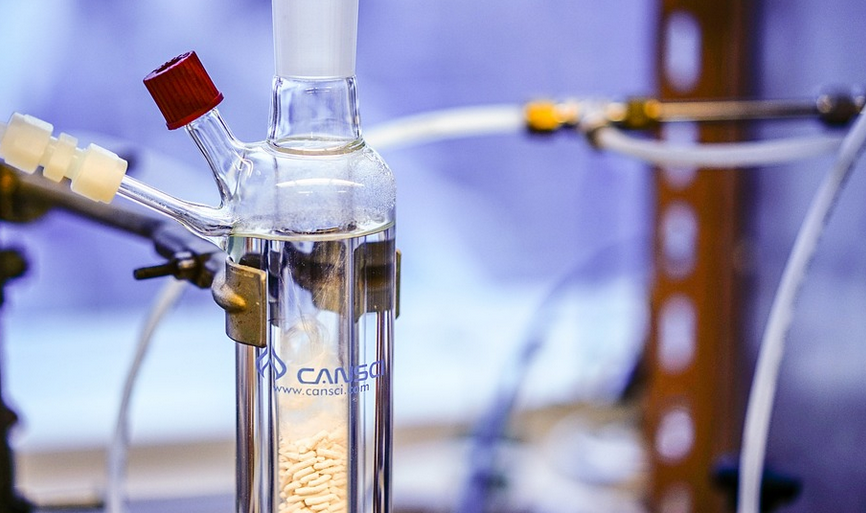The Basics of Acetone
Acetone is a colorless, flammable, and volatile liquid that is commonly used as a solvent. It is also known as propanone and is the simplest ketone. Acetone is naturally produced by the body in small amounts and is used in many industrial and commercial applications.
The Role of Acetone in Pharmaceuticals
Acetone has a variety of uses in the pharmaceutical industry. It is used as a solvent for various drugs, including corticosteroids, hormones, and vitamins. Acetone is also used as a starting material for the synthesis of many pharmaceuticals.
Solvent for Drugs
Acetone is an excellent solvent for many drugs. It is particularly useful for dissolving drugs that are insoluble in water. Acetone is also a good solvent for lipids and other organic compounds, which makes it useful for preparing injectable drug solutions.
Starting Material for Synthesis
Acetone is a starting material for the synthesis of many pharmaceuticals. For example, it is used to produce ibuprofen, a commonly used pain reliever. Acetone is also used in the synthesis of chloramphenicol, an antibiotic used to treat bacterial infections.
The Benefits of Using Acetone in Pharmaceuticals
Acetone has many benefits when used in the pharmaceutical industry. It is a relatively inexpensive solvent that is readily available. Acetone also has a low toxicity and is generally safe to use.
Cost-Effective
Acetone is a cost-effective solvent that is readily available in large quantities. This makes it an attractive option for pharmaceutical companies looking to reduce costs.
Low Toxicity
Acetone has a low toxicity and is generally safe to use. It is not considered a carcinogen and has a low potential for causing adverse health effects.
The Risks of Using Acetone in Pharmaceuticals
While acetone has many benefits when used in the pharmaceutical industry, it also has some risks. Acetone is highly flammable and can be dangerous if not handled properly. It is also a skin irritant and can cause respiratory problems if inhaled.
Flammability
Acetone is highly flammable and can ignite if exposed to heat or sparks. It should be stored in a cool, dry place away from sources of ignition.
Skin Irritation
Acetone can cause skin irritation and should be handled with care. It is important to wear gloves and protective clothing when working with acetone.
The Future of Acetone in Pharmaceuticals
Acetone will continue to play an important role in the pharmaceutical industry in the future. Its low cost and low toxicity make it an attractive option for drug development and manufacturing.
Developing New Uses
Researchers are exploring new uses for acetone in the pharmaceutical industry. For example, acetone is being investigated as a potential solvent for the production of nanoscale drug delivery systems.
Improving Safety
Pharmaceutical companies are also working to improve the safety of acetone use in the industry. This includes developing new handling procedures and safety equipment to reduce the risk of accidents and exposure. In conclusion, acetone is a versatile and important solvent in the pharmaceutical industry. While it has some risks, its benefits make it an attractive option for drug development and manufacturing. As research continues, we can expect to see new uses and improved safety measures for acetone in the future.

